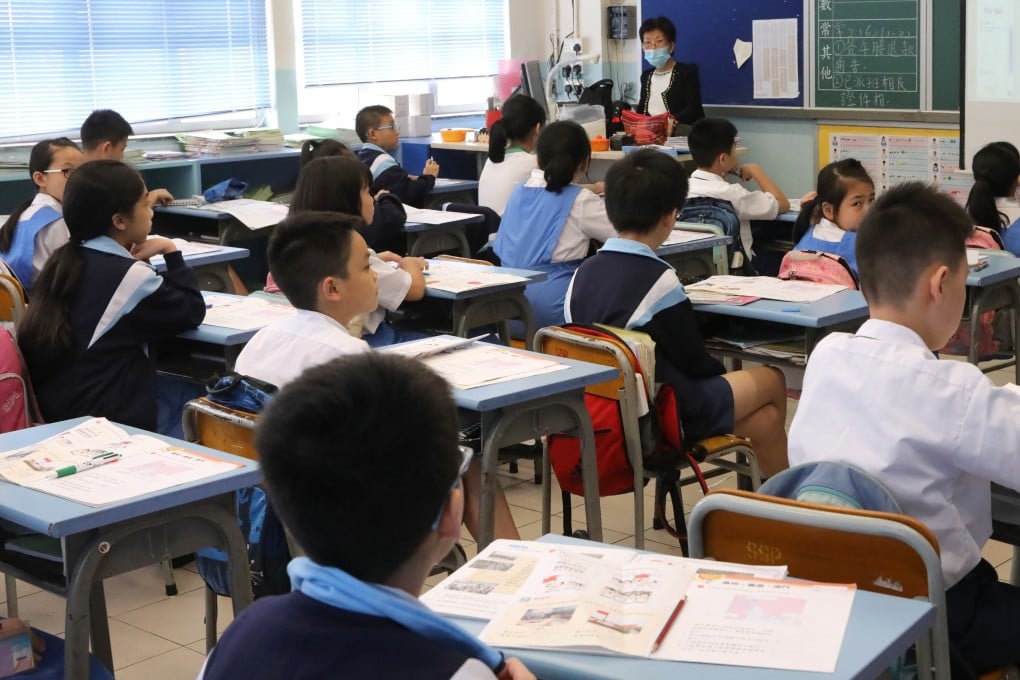Advertisement
Opinion | Latest Pisa results show Hong Kong education stuck inside the box
- If the main takeaway from the results is Hong Kong scoring lower than Singapore on creative thinking, we have completely missed the point
Reading Time:3 minutes
Why you can trust SCMP
37

How would you define quality education? Education that prepares students with skills and competencies for life after school? One that equips students with the knowledge and tools to excel in an area of interest and pursue careers of their choice? Giving students exposure to wide-ranging subjects, activities and learning experiences so they mature into well-rounded individuals?
We all have our own beliefs about what makes quality education, but those with children would probably do whatever they can to give them the best opportunities in life. Education is a fundamental part of preparing our children to take on the world and live their lives to the fullest.
Modern technological advances mean the future will require different knowledge and skills from those needed when we were students ourselves.
This is why the first test of creative thinking by the Programme for International Student Assessment (Pisa) is important. Pisa’s worldwide assessments are held every three years and test 15-year-old students on reading, maths and science. Since 2012, the assessments have included subjects outside those core areas because changing times mean students need other capabilities, such as problem-solving skills.
The 2022 creative thinking assessment, whose results were released last week, attempted to measure abilities to generate, evaluate, improve and communicate ideas, as well as social and scientific problem-solving. Hong Kong scored 32 overall, just below the Organisation for Economic Cooperation and Development average of 33, and below 16 other jurisdictions out of the 64 that joined the assessment.

Professor Hau Kit-tai, national project manager of Hong Kong Pisa 2022, called the results “a wake-up call”. “It tells us our students are really not good at … thinking outside the box,” he said, adding that there was a need for a change in attitudes towards creativity in the classroom.
Advertisement
